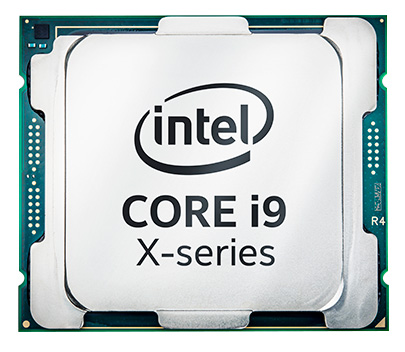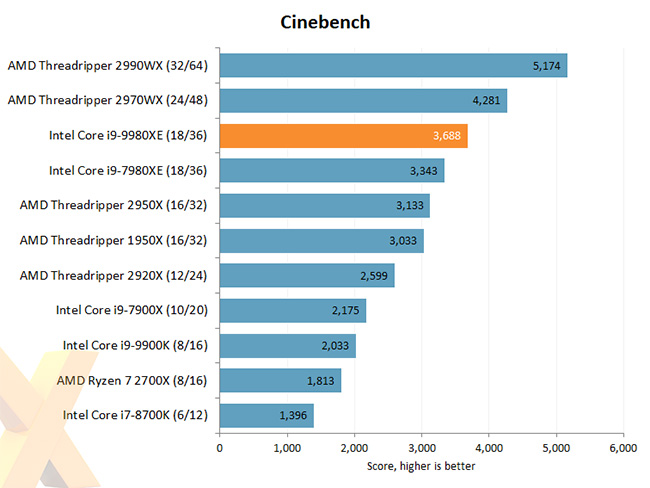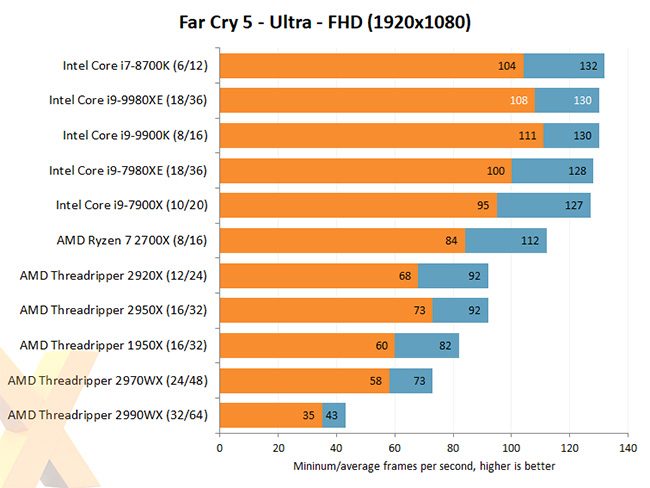Our Aim
To provide you with an overview on New And existing technologies, hopefully helping you understand the changes in the technology. Together with the overviews we hope to bring topical issues to light from a series of independent reviewers saving you the time And hassle of fact finding over the web.
We will over time provide you with quality content which you can browse and subscribe to at your leisure.
TekSpek 's

Intel Core X CPUs
Date issued:

The high-end desktop (HEDT) space has been shaken up in the past 18 months with the release of AMD's many-core Ryzen Threadripper CPUs and Intel's Core i9 response.
Recent activity has seen AMD introduce second-generation Ryzen Threadripper, armed with up to 32 cores and 64 threads, while Intel has bolstered the mainstream with the Core i9-9900K processor, based on the latest Coffee Lake architecture.
November 2018 sees Intel supplement its true HEDT CPUs by releasing six new Core i9 and a solitary Core i7 chip destined to run on the premium X299 platform. These new Core X processors increase the frequencies of the older generation but are based on the same Skylake-X architecture. This means they slot into a number of readily available X299 motherboards without issue.
Skylake-X Refresh - More Speed, Same Socket
Running down the stack, from Core i9-9980XE to Core i9-9900X, shows that Intel keeps an identical number of core and thread counts between generations, topping out at 18C36T and dropping down to 10C20T. What's different this time around is that the associated L3 cache, known as Smart Cache, is larger for the 9920X and 9900X compared to the 7920X and 7900X. The reason for this is that Intel can disable cores on the Skylake-X dies without interfering with the L3 cache. Having more cache is generally considered to be a good thing from a performance perspective.
Comparing like for like, we can see that Intel has elevated the base and boost frequencies by a small margin. In particular, the headline Core i9-9980XE is able to run at an all-core 3.8GHz, compared to 3.4GHz for the Core i9-7980XE, the model it effectively replaces, which should lead to a circa-10 per cent performance improvement in demanding workloads.
The explanation for this uptick in across-the-board frequency is down to the use of the latest 14nm++ manufacturing technology from Intel, and it enables engineers to push the clocks higher without increasing voltage and power a great deal. For what it's worth, these new Core-X processors also bring back solder as the interface material between the heat spreader and processor die. Proud of the U-turn, Intel refers to the design as STIM (Solder Thermal Interface Material), and the improved heat dissipation is most likely to benefit overclockers.
Unlike some of the previous Core X chips, namely the Core i7-7820X and Core i7-7800X, Intel now enables a full 44 PCIe lanes on each refreshed Core X chip. This is sensible given that rival AMD has unfettered access to PCIe lanes, and rights and obvious wrong with the older Core X line-up.
Core X refresh continues to use a quad-channel memory controller with official support for DDR4-2666, though it must be noted that increasing the core frequency and laying down more cache results in all new chips to be rated with a 165W TDP. Hardly a problem for a high-end cooler, mind.
Last but not least, Intel reduces each processor's pricing by up to $20 compared with the corresponding model from the 7xxxX range. This means there is more performance - up to around 10 per cent, going by the numbers - for a little less money. Good news for the well-heeled enthusiast.
Performance


Performance numbers produced by leading websites show the Core i9-9980XE is the fastest consumer processor ever released by Intel, beating out the previous champ, Core i9-7980XE, in both multithreaded performance and gaming. At best, there's an extra 10 per cent when compared on a like-for-like basis, reaffirming what was conjectured earlier in this TekSpek.
That said, AMD's more-core Ryzen Threadripper 2990WX and 2970WX chips lead the way in serious content creation performance, though their gaming performance is not as good. Intel, therefore, has the more balanced architecture, even if it is longer the absolute fastest in every scenario.
In summary, the new Core X chips from Intel offer more performance than ever before, made possible by the latest manufacturing techniques. Though faster on every count than the chips they are likely to replace, the refreshed Core X processors don't reclaim the multi-core crown from AMD.
As always, Scan Computers retail a wide selection of Intel Core X processors on the market.